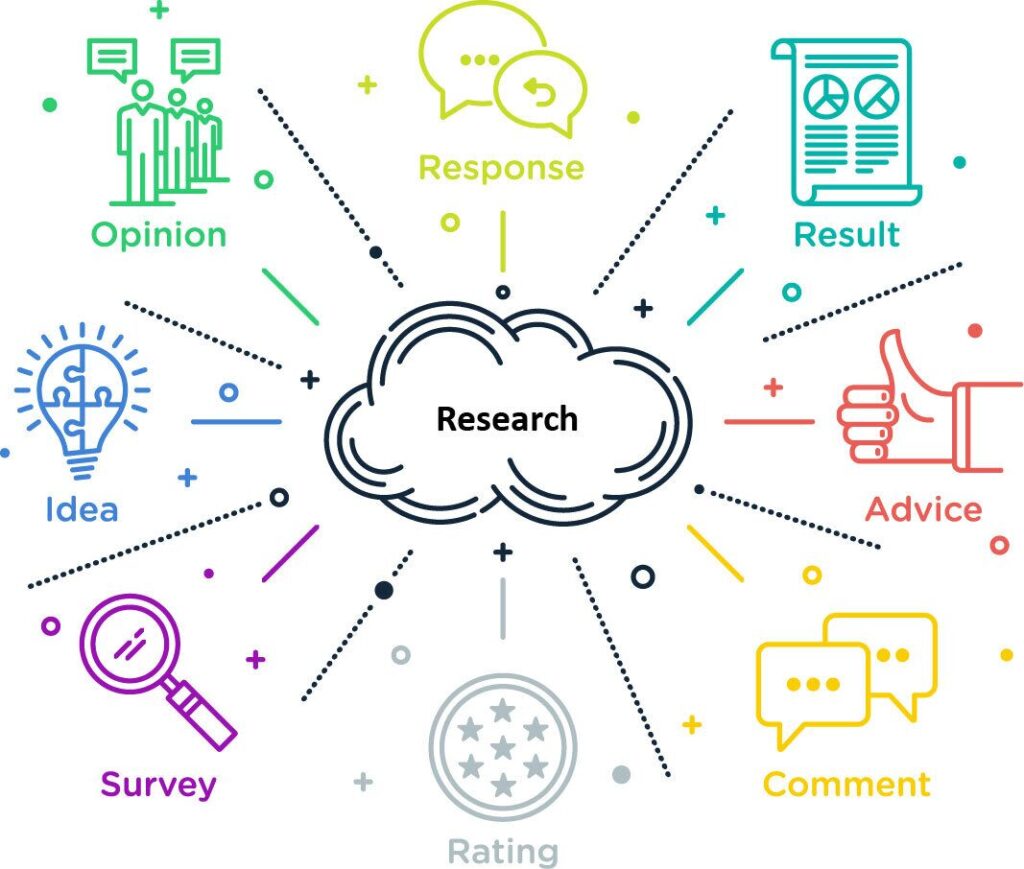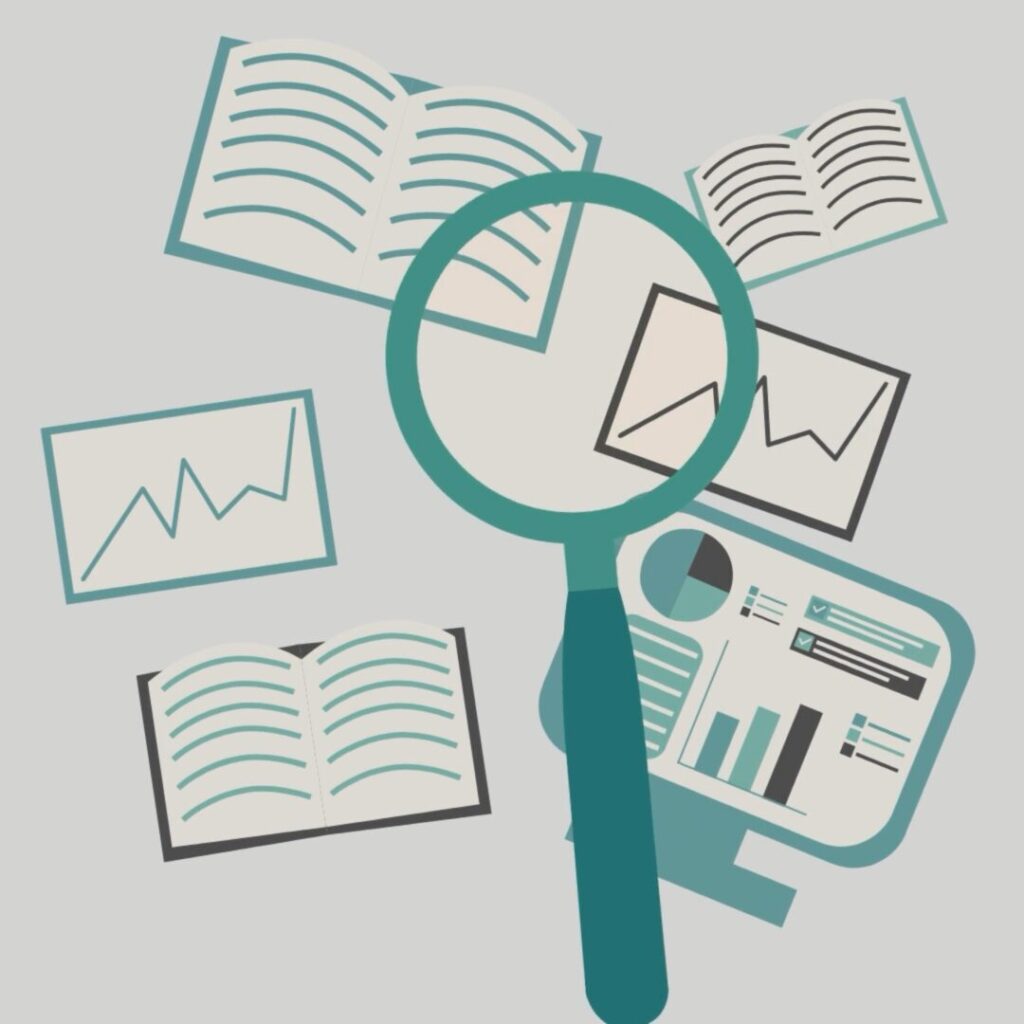Roanoke students are offered the chance to design and conduct experiments firsthand as a part of the curriculum! Some also choose to join faculty member’s research labs. As a part of their experiences, your peers have published their own research and presented at regional and national psychology conferences (see details here). If you’re interested in pursuing undergraduate research opportunities, please explore the Psychology Department’s website here.

Once again, before jumping into our alumni’s stories for this week’s edition of the career tracks series, we want to say thank you to our wonderful alumni who have generously shared with us reflections on their time at Roanoke College, as well as details about their professional roles. Their stories serve as a testament to the breadth of opportunities available in the field, and the positive influence that Roanoke College can have on your future. If, as an alum, you would like to share your story for inclusion in a future post, please reach out to Dr. Powell (DPowell@roanoke.edu).
Let’s explore the realm of research professionals as we introduce our highlighted alumni for this week!
Molly Reed: Project Manager at Schlesinger Group
What is Molly’s role on her team?
“I work in qualitative market research for a team that recruits participants for market research studies. My role as a project manager is to manage client relations and direct the team during the recruiting process.”
Abbie Joseph: Clinical Research Coordinator at US Foot & Ankle Specialists
How does Abbie describe her position to others?
“I work with the doctors to conduct the day-to-day activities of clinical trials on medical devices that are not yet on the market. I see each patient weekly to collect all the necessary data to enter into the study databases. I also help recruit new research patients through advertisements and visiting other clinics in the community who may have qualified patients.”
Nikki Hurless, PhD, NCC, LPC: Visiting Assistant Professor of Psychology at Tarleton State University
How did Nikki become a Visiting Assistant Professor?
“I started out in a clinical psychology doctoral program, but after 2 years I decided I wanted more training in counseling and therapeutic relationships, so I left with a master’s degree only. Then, I completed a doctoral program in counselor education and supervision where I learned the nuances of mental health and how to train new professional counselors. I taught at a master’s level counseling training program for 3 years before deciding I wanted to try teaching at the undergraduate level. Throughout this time I’ve also been a part-time counselor focusing on treating traumatic stress. My clinical work helps inform my teaching and I love having real-world examples to illustrate psychological concepts, diagnoses, and the counseling process. I also research topics including counselor development, the effects of self and external stigma, and queer-affirming strategies, among others. I wear many hats!”
Rebecca Ward, PhD: Scientific Writer at Massachusetts General Hospital
What are some of Rebecca’s duties as a Scientific Writer?
“I write and edit research documents (such as grants and manuscripts), manage regulatory protocols (IRB, biosafety, animal safety), and educate trainees on scientific communications. In addition to this, I am currently setting up a writing center within the Department of Medicine and lead the MGB Scientific Writing Group.”
Misha Digman Narducci: Senior Survey Programmer, Research Operations at inVibe, a division of THREAD
How did Misha enter the field of research psychology?
“I obtained my first survey programming position with no professional work experience, I instead showcased my undergraduate projects on a portfolio website. The website showed that I knew the basics of the research process, including survey design and programming. From there, I was promoted to a senior position after gaining 2 years of professional experience.”
Yipeng (Shaw) Wang: Senior User Experience Researcher at The Estée Lauder Companies Inc.
What is Shaw’s favorite part of being a Senior User Experience Researcher?
“I still do my favorite research and talk with all kinds of people! All the parts I like about psychology and humans can be found in this job! What’s more, it gives me a lot of satisfaction to see the feedback from my research in a relatively short period of time. The impact of the findings on the product involves a large number of users, and it is very rewarding for me to be able to make people’s experience of the product more user-friendly and comfortable. Plus: the pay is high! Probably one of the highest in the psychology field.”
From project management and clinical research coordination to teaching and scientific writing, our alumni showcase some of the many opportunities within the field of research psychology. By sharing their experiences, these alumni hope to inspire the next generation of researchers to explore and pursue their passions.
We also asked our alumni to reflect on the Roanoke courses or experiences that have been most relevant to their current careers.

In terms of influential classes, alumni named PSYC-202 Research Methods in Psychology, PSYC-204 Quantitative Methods in Psychology, and PSYC-410 Research Seminar: Psychology. Several alumni also mentioned the various credited research opportunities working in faculty member’s labs as being beneficial to their skill development, a few even completed Honors in the Major projects prior to graduating. Also noting the significance of her Neuroscience concentration courses, Rebecca Ward, PhD wrote, “The addition of the neuroscience concentration, coupled with the amount of writing required through the coursework at Roanoke, prepared me to think critically and better communicate science.”
Nikki Hurless, PhD, NCC, LPC included, “My research methods class was a foundational component of my academic career. I loved learning research design – my instructor instilled a scientific curiosity in me that motivated me to get involved in as many research-related experiences as possible. In general, the psych department’s strong focus on writing has also been very useful to me in publications and in communicating my ideas at professional conferences.” Similarly, Yipeng (Shaw) Wang reflected by saying, “I do literature reviews, write research plans, conduct research sessions like interviews, usability testing and field research. All these skills can be traced back to my courses at RC.” These alumni’s reflections underscore the invaluable role of strong foundational education and practical experiences in research, highlighting the enduring impact of their time at Roanoke College on their professional journeys.

Molly Reed wrote, “Working in the position I do [Project Manager], I only handle the recruitment aspect, but because of all of the research experience I gained during my time at Roanoke I feel like I have a deeper understanding of the overall picture, which makes me more effective at my job.”
It’s great to see the diverse paths Roanoke College psychology alumni have taken in their careers! The emphasis on research and practical experiences in the Roanoke College Psychology Department curriculum clearly played a significant role in their professional development. We hope that current and prospective students will find their stories motivating as they pursue their own career paths throughout the field.
As Alumni Weekend approaches, we look forward to showcasing more alumni stories from different tracks in the coming weeks. Stay tuned for next week’s spotlight on another exciting career path!
Get Connected!
Blog: https://psych.pages.roanoke.edu/
Facebook: https://www.facebook.com/rcpsychology
Linked In: https://www.linkedin.com/groups/RC-Psychology-8140491/about
Website: http://www.roanoke.edu/inside/a-z_index/psychology
Instagram: rcpsychology



